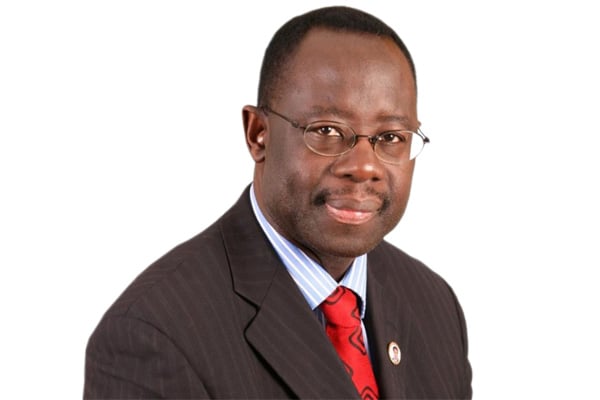Prime
African liberation and the new breed of blurred vision

Author: Joseph Ochieno.
What you need to know:
- ‘‘Political liberation was to be followed by economic and social liberation”
Recently, I was talking to a Western diplomat in town when they struck me with how some of the ‘good guys’ on the continent have turned into bad guys.
This was in reference to African liberation campaigns that saw the ideological left, led by the likes of Conventional Peoples Party (CPP) of Ghana, CCM of Tanzania, ZANU/ZAPU-PF of Zimbabwe, Swapo of Namibia, Frelimo of Mozambique, MPLA of Angola, ANC of South Africa and UPC of Uganda.
Socialism, social democrats, progressive left, left, centre-left, liberation political parties and ideology. Hardly discussed on the continent anymore, yet they must. But that’s for another day.
Parting ways, I regained my lonely self; it is May and Africa week. Then I realised that I have not participated in any related event, directly or indirectly.
I was part of extremely active and busy Africa Liberation Day Campaigns (ALISC) for several years, in Europe. In London, we had series of deep and detailed events over the month of May; from public lectures, rallies, debates and in many cases, demonstrations to link African liberation struggles with those against apartheid, tyranny and neo-colonial exploits.
For several years, I was president of All-African Students Union in Europe (AASUE). I moved from campus to campus and we debated.
Once we invited Betty Shabbaz (RIP), late wife of Civil Rights icon Malcom X. It turned out she -ironically - had some issues with public authorities and could not travel. A couple of years later, she was murdered. There you go; Africa, America, Diaspora and the continued challenges.
These celebrations, or rather events, were then focused on commemorating the foundation of the Organisation of African Unity (OAU), later the African Union (AU).
The changes of which I have always argued were less important than the practical transformation of a continent and peoples across motherland and the Diaspora from slavery, colonialism, imperialism, apartheid to freedom, independence, democracy and prosperity. I thought we were celebrating the advancements of the liberation movements (free or otherwise then) and certainly, the realisation of their ideals and values as impacting on our peoples.
It was active campaign to achieve an integrated, prosperous and peaceful Africa, driven by our own citizens in motherland and Diaspora; most times my minds’ eyes were set on pan-Africanism and African renaissance that would see the engines of African Brazil pumping Ethiopian machinery and lives.
I envisaged a free, democratic and prosperous South Africa (Azania) as the economic hub of motherland and a pride for all Africa.
I imagined their technology being applied to advance Kisangani while Congolese exiles I met in London would be the masters in charge, not mystery investors from Italy. I was energetic, resolved and at all times, I thought we were in all of these, together.
Twenty or so years later, I wonder who really traded African minds. Of the 54 or so states, Africa (Liberation) Day is marked as public holidays in less than 20, yet some of the absent countries offer public holidays for grandstanding events whose terms will expire once God grants transition following a magic free and fair elections.
Marking African liberation equips the citizenry with emphasis on other issues, including women’s emancipation, slavery, racism, general minority oppression, apartheid, economic exploitation and marginalisation, wars of genocide and tyranny, all of which are not yet in short supply on the continent.
African liberation was about ending the extremes by which our peoples were – more than 500 years – dehumanised, denigrated like third-class humans, divided like sweets, exploited and looted, raped and abused.
Political liberation was to be followed by economic and social liberation backed by the liberation of the minds and, as symbolised by the tricolour of the UPC flag running horizontally with black on top – African personality, red for human equality and brotherhood and blue for peace and justice. Africa must reorganise.
The writer is a pan-Africanist
[email protected] Twitter:@Ochieno


